Charles Bonnet Syndrome Treatment Options
Charles bonnet syndrome treatment options. There is no cure for CBS. Singh A Sorenson TL. Lang UE Stogowski D Schulze D et al.
131516 The reduced efficacy of quetiapine compared to other atypical antipsychotics has been reported in a recent systematic review. Rehabilitation and Charles Bonnet syndrome Eperjesi and Akbarali Social management Several groups have purported that the best form of rehabilitation for CBS is dis- closure to a sympathetic professional reassurance of the benign nature of the hallucinations counselling and an expla- nation of the syndromes causes using the. A small number of reports show improvement in visual hallucinations with risperidone and olanzapine.
Increasing lighting levels in the evening. Reassurance that the hallucinated images are benign and that treatment is an option Medications including olanzapine quetiapine carbamazepine clonazepam and donepezil Certain rapid eye movements or blinking to help suppress the hallucination Repetitive transcranial magnetic stimulation. While many require only the assurance of the benign nature of the hallucinations nonpharmacological and pharmacological interventions have been reported to be useful in the treatment of CBS.
No specific medication has been shown to stop hallucinations caused by Charles Bonnet. Doing the following can all help to reduce the frequency of hallucinations. Avastin treatments are often successfully performed without incident but Charles Bonnet syndrome can be an unexpected consequence of the procedure.
It doesnt affect people who are born with vision problems. Charles Bonnet syndrome improves when treatment is effective in age-related macular degeneration. Theres currently no cure for Charles Bonnet syndrome.
The Macular Society has sponsored research led by Professor John-Paul Taylor at Newcastle University to investigate whether using a mild electric current on the scalp at the back of the head can stop visual hallucinations caused by Charles Bonnet syndrome. 17 Although there has been no standard treatment so far anecdotal evidence seemed to favor antipsychotics and SSRIs as possible treatment options for the disturbing hallucinations. What you are seeing is not really there People with CBS recognize that what they are seeing is not really there.
In patients who received the Avastin injection treatment and Charles Bonnet syndrome ensued their symptoms began within hours to days of the treatment. There is no cure or effective medical treatment for Charles Bonnet Syndrome CBS but there are some techniques that can help you cope and manage the condition.
Charles Bonnet syndrome improves when treatment is effective in age-related macular degeneration.
131516 The reduced efficacy of quetiapine compared to other atypical antipsychotics has been reported in a recent systematic review. This case involves an 83-year-old female with a two-year history of CBS who presented to the clinic with worsening visual hallucinations over the past few months. Successful treatment of visual hallucinations due to vision loss with selective serotonin reuptake inhibitors. Developing new treatments for hallucinations is important. Successful treatment of visual hallucinations due to vision loss with selective serotonin reuptake inhibitors. Rehabilitation and Charles Bonnet syndrome Eperjesi and Akbarali Social management Several groups have purported that the best form of rehabilitation for CBS is dis- closure to a sympathetic professional reassurance of the benign nature of the hallucinations counselling and an expla- nation of the syndromes causes using the. Clinical trials of antipsychotic and other medications as well as low-vision. Reassurance that the hallucinated images are benign and that treatment is an option Medications including olanzapine quetiapine carbamazepine clonazepam and donepezil Certain rapid eye movements or blinking to help suppress the hallucination Repetitive transcranial magnetic stimulation. With other causes of hallucinations people may act on the hallucination.
Eye care practitioners should be aware of methods of rehabilitation in Charles Bonnet syndrome that may lead to resolution of the visual hallucinations. There is no cure or effective medical treatment for Charles Bonnet Syndrome CBS but there are some techniques that can help you cope and manage the condition. Lang UE Stogowski D Schulze D et al. Case reports of different management approaches demonstrate the range of treatment options. Reassurance that the hallucinated images are benign and that treatment is an option Medications including olanzapine quetiapine carbamazepine clonazepam and donepezil Certain rapid eye movements or blinking to help suppress the hallucination Repetitive transcranial magnetic stimulation. Avastin treatments are often successfully performed without incident but Charles Bonnet syndrome can be an unexpected consequence of the procedure. Singh A Sorenson TL.
/charles-bonnet-syndrome-symptoms-causes-diagnosis-treatment-4174057-5c04749146e0fb00012cd0fe.png)




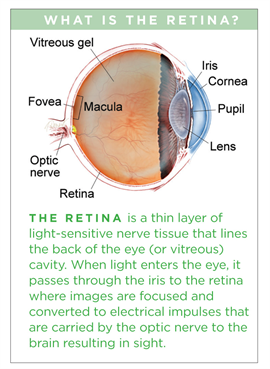




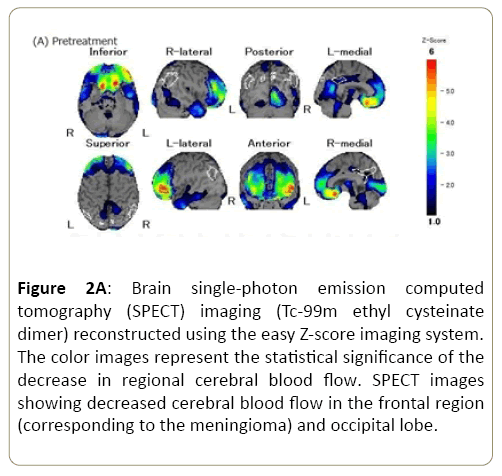

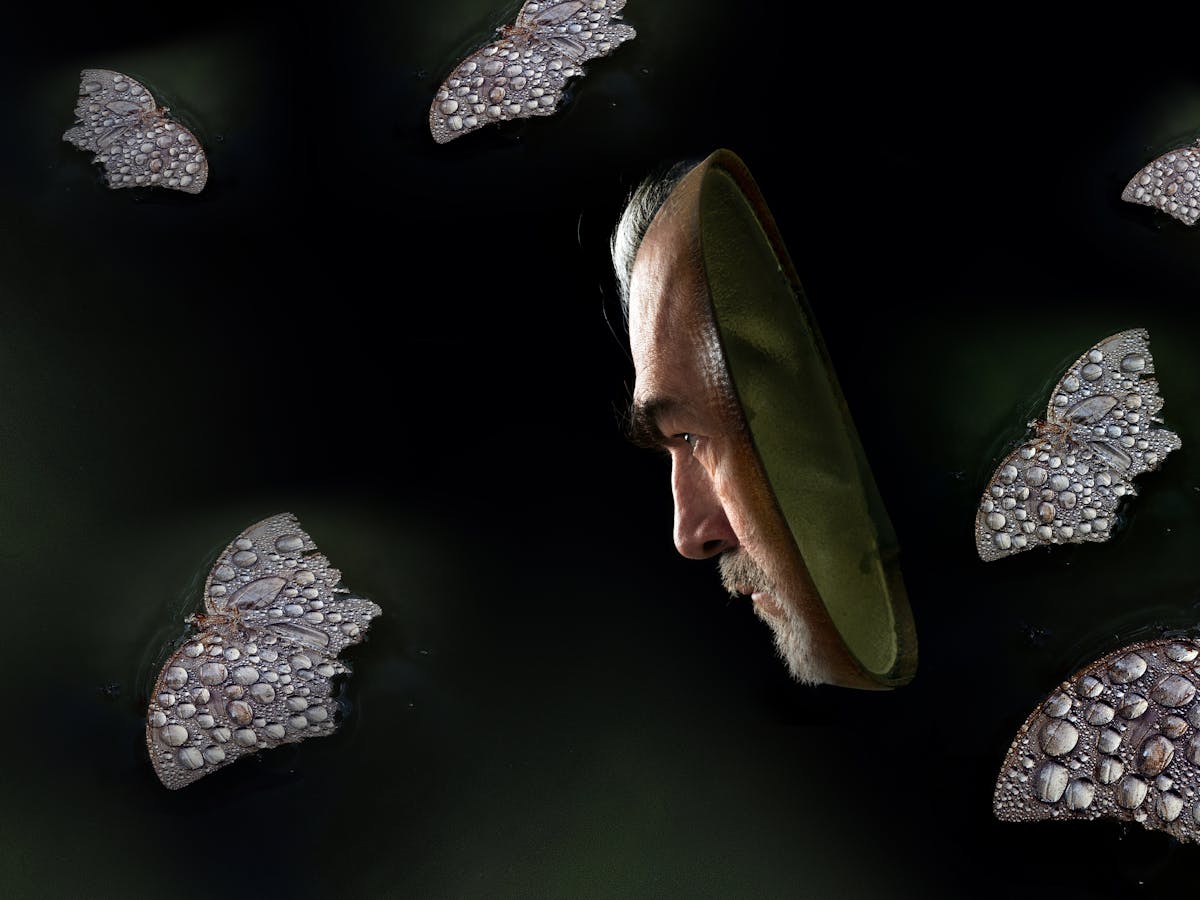

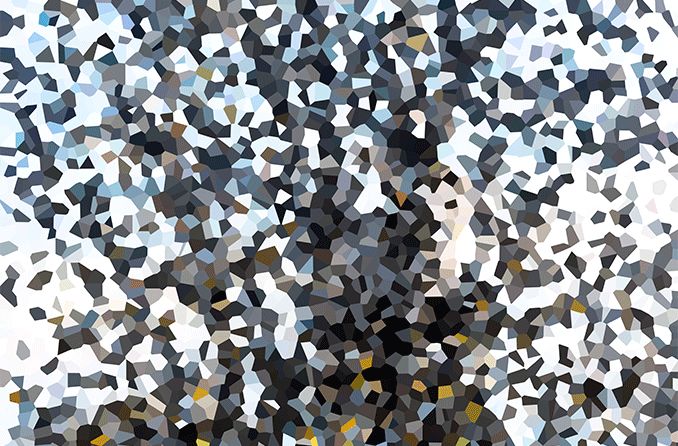
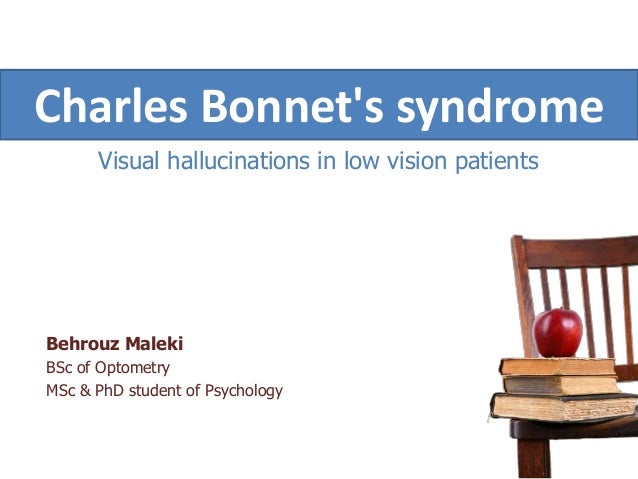
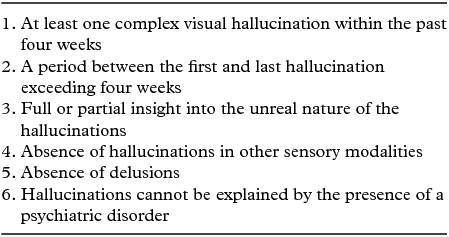
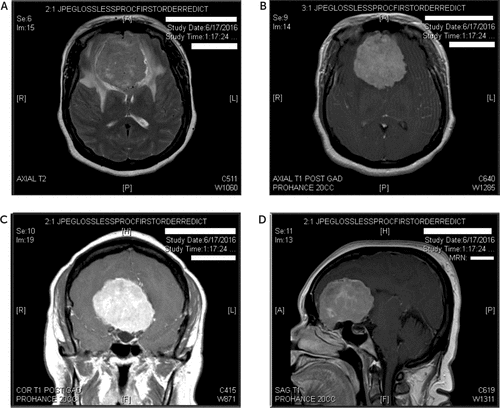
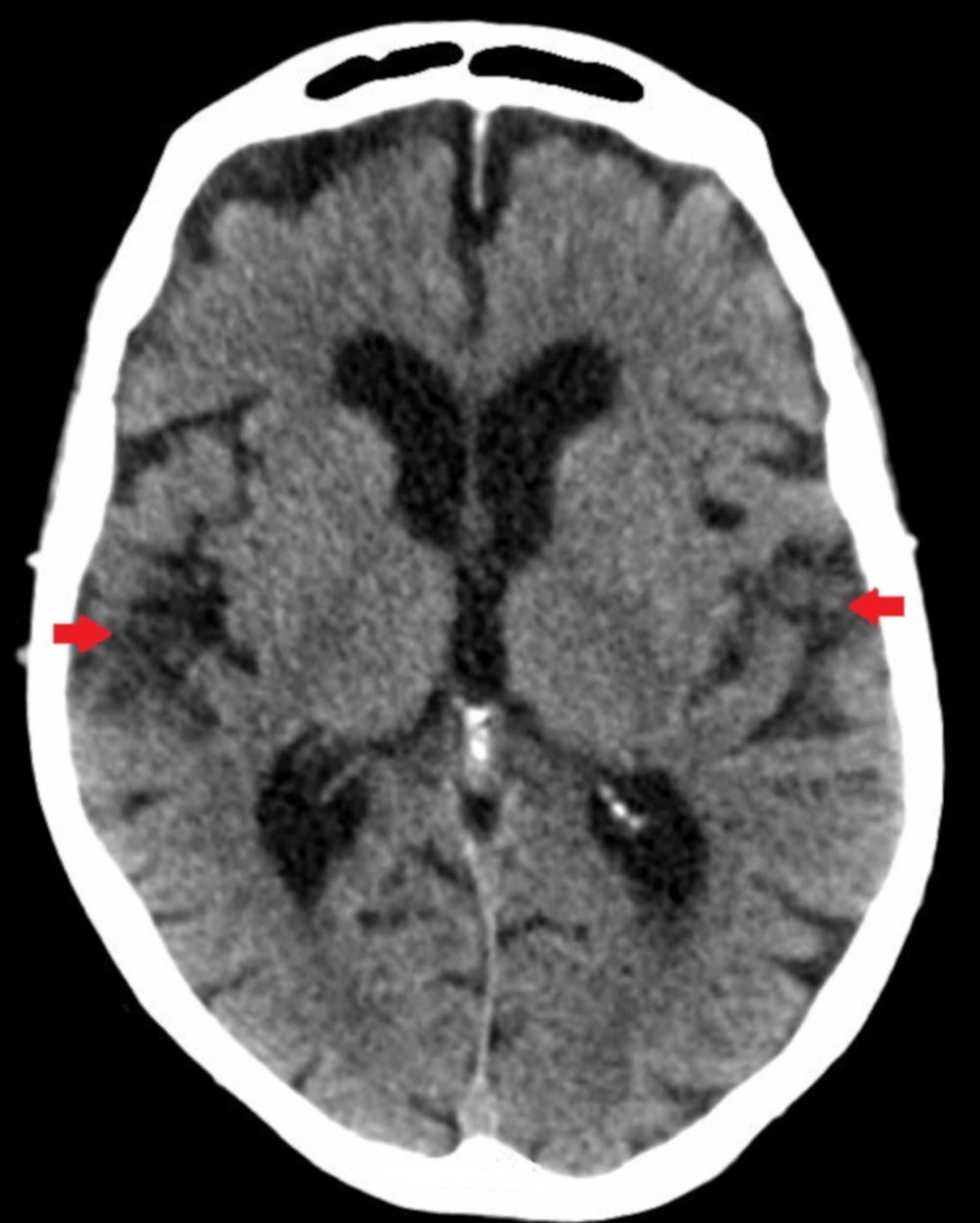


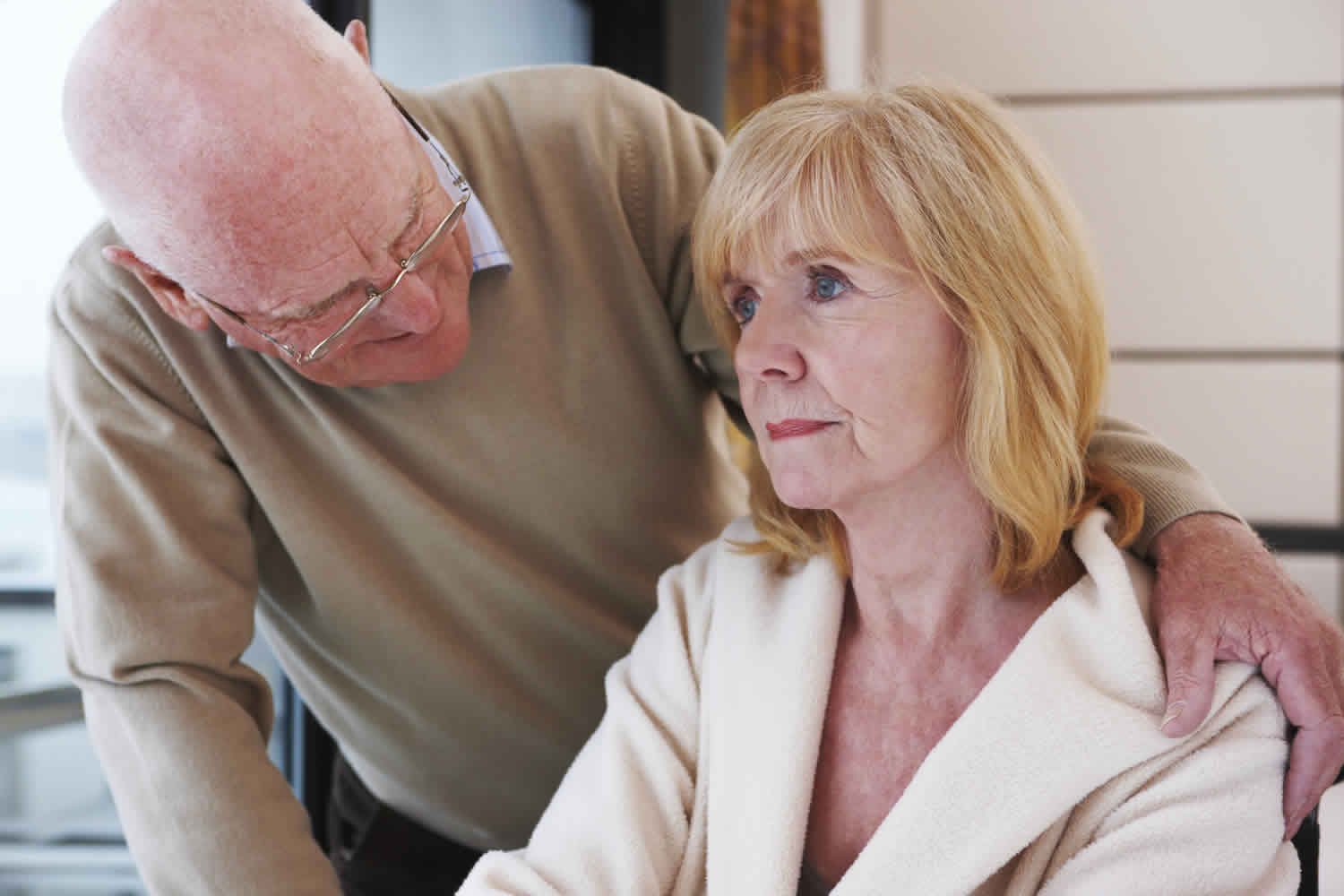




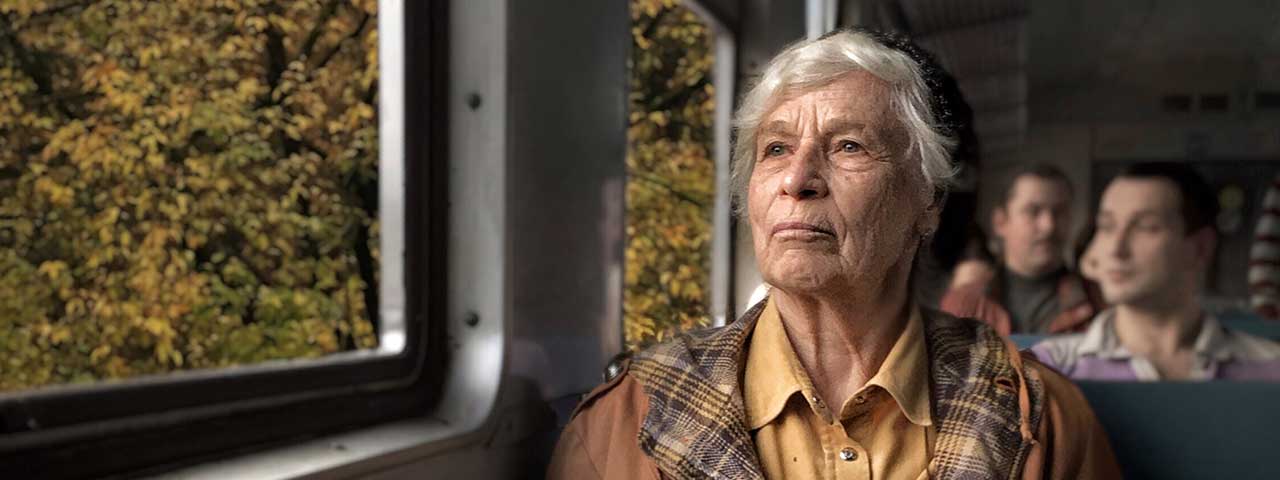


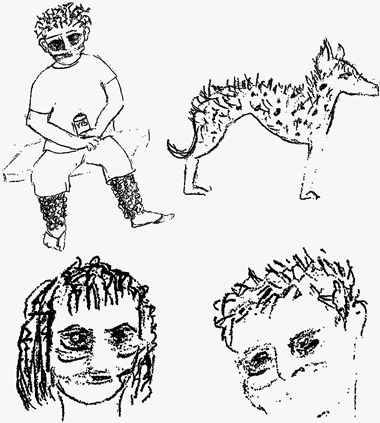
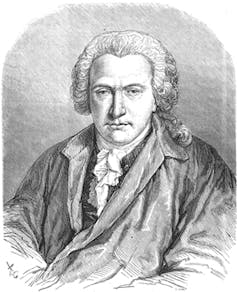



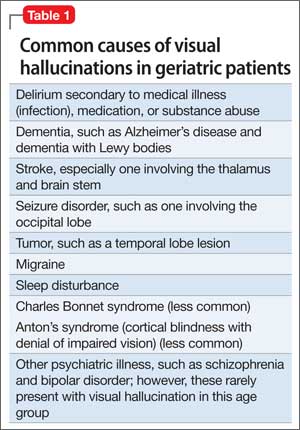



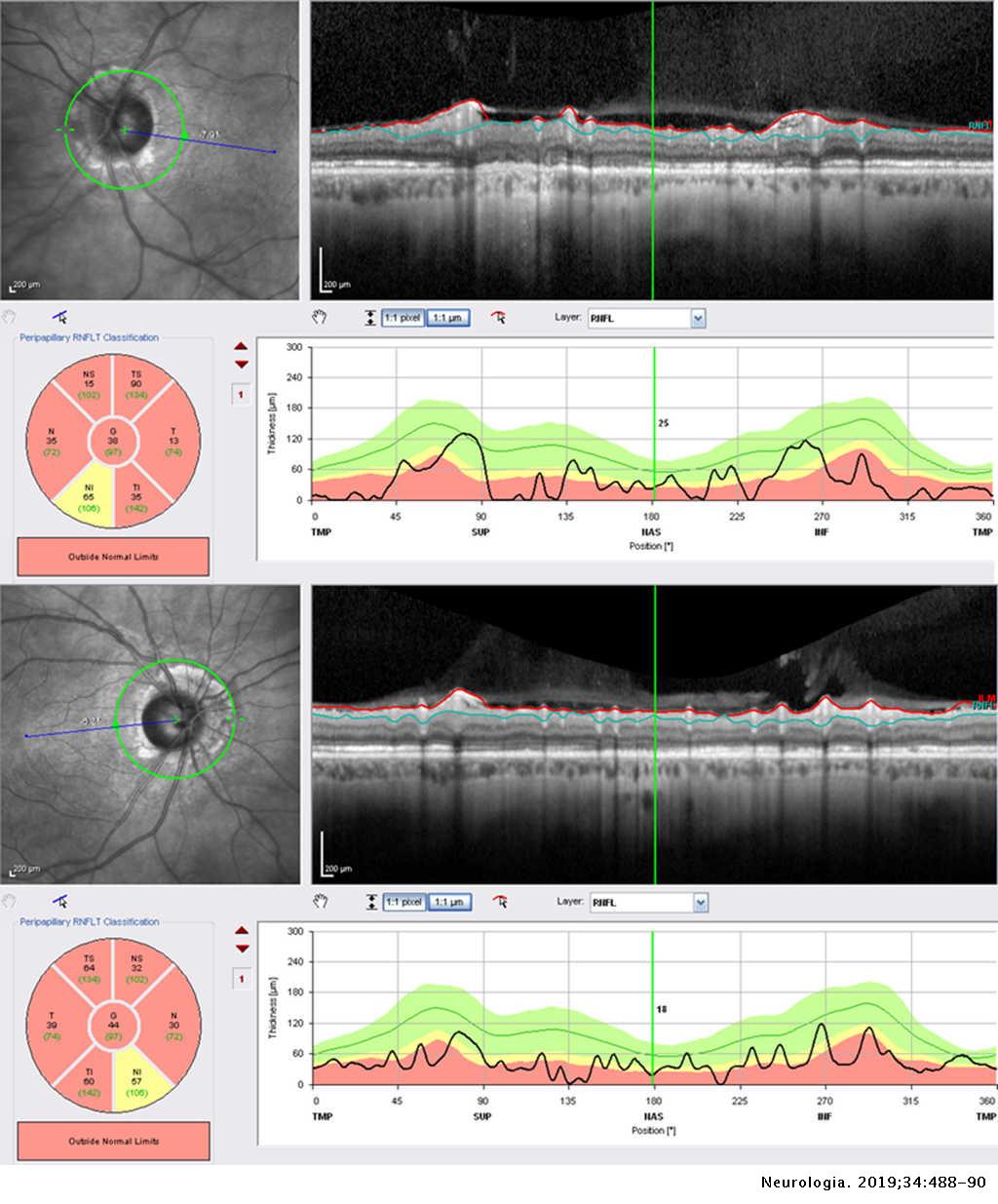

Post a Comment for "Charles Bonnet Syndrome Treatment Options"